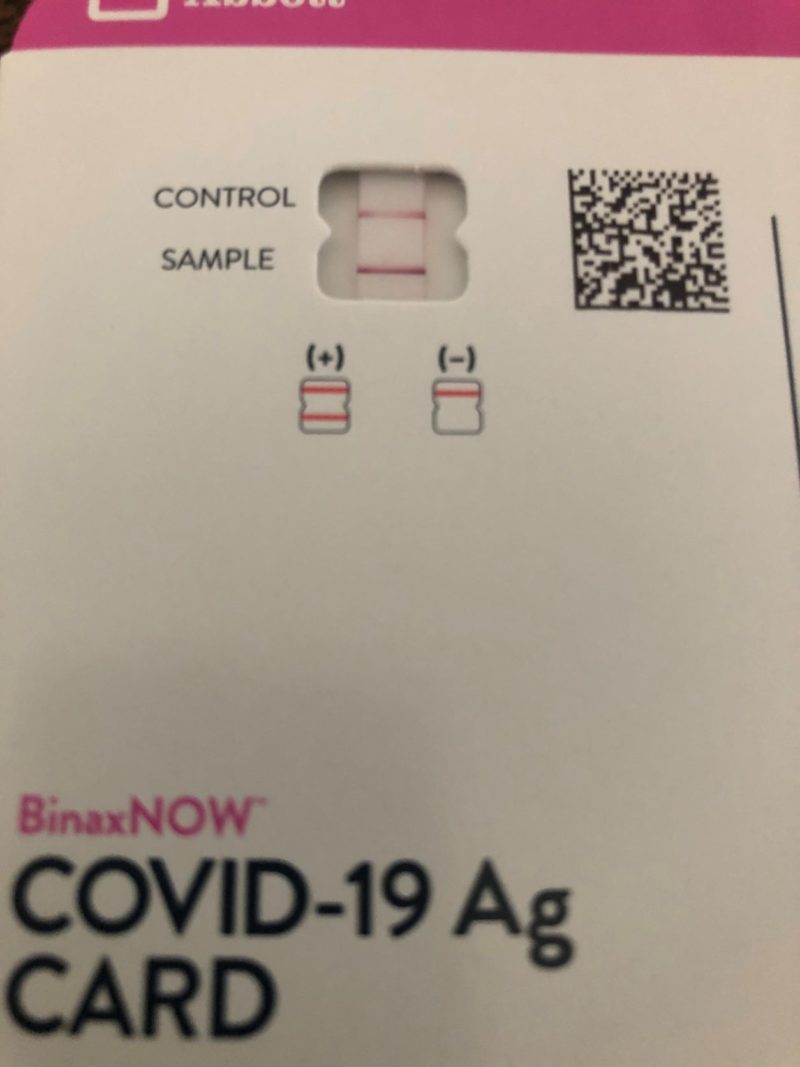My wife and I got the latest COVID-19 vaccine the other day, the first of three vaccines we’ll be getting this fall. The others are the seasonal flu vaccine and the respiratory syncytial virus (RSV) vaccine.
This was my sixth COVID-19 vaccination, and I’ve received a flu shot every year for decades. They’ve never been a problem for my multiple sclerosis.
The RSV vaccine has only recently been approved by the U.S. Food and Drug Administration. It would’ve been a first for us as well, but we couldn’t get it when we received our COVID-19 vaccines. Although we’d made an appointment for both at a large drugstore chain, we were told the pharmacy had run out of the RSV vaccine.
“We only got a little shipment,” the pharmacist told us. She couldn’t tell us when they’d get more.
Some people are having a problem getting access to the COVID-19 vaccine this year. While we were waiting for our shot, the pharmacist explained to a couple that their group health insurance company wouldn’t pay for it. The couple offered to pay for it themselves, but for some reason that wasn’t allowed. They apparently could receive the vaccine only from a healthcare provider associated with their insurance group. The couple argued that their group provider didn’t have the vaccine available. It didn’t matter.
The US government no longer picks up the tab
The problem may be that the U.S. government is no longer directly paying for the COVID-19 vaccine. It’s now paid for by individual health insurance plans for those who have coverage. Apparently, not all of those insurance companies have their act together yet.
According to The Washington Post, people looking to get vaccinated “have faced myriad complications, from pharmacies being out of network, to the vaccines not showing up on lists of approved medical expenses, to needing prior authorization.” Fortunately, my wife and I had smooth sailing with our Medicare coverage.
For those without health insurance, the U.S. Centers for Disease Control and Prevention (CDC) says the vaccine is available without charge at federally supported health centers or pharmacies participating in the CDC’s Bridge Access Program.
Vaccines and MS
The American Academy of Neurology (AAN) recommends that people with MS “should receive vaccines according to standard vaccine guidelines.” But they should also speak with their neurologist because certain MS medications bring up other considerations.
The AAN recommends against using live and and live-attenuated vaccines (such as the FluMist nasal spray) if a person is being treated with certain disease-modifying therapies that suppress the immune system.
The National Multiple Sclerosis Society adds that people having an MS relapse “should delay vaccination until the relapse symptoms are no longer worsening or have resolved.”
What’s new this year?
This year’s COVID-19 vaccine is monovalant, meaning that it targets only one virus variant, Johns Hopkins University immunology professor Andy Pekosz explained. Last year’s bivalant vaccine targeted the original SARS-CoV-2 strain plus a pair of omicron subvariants.
According to Pekosz, the new vaccine is effective against the variants currently causing most COVID-19 cases in the U.S. It also appears to generate an immune response to the BA.2.86 variant, which raised concern this year because it generated a large number of mutations. Pekosz recommends that people get the new vaccine by mid-October.
All flu vaccines this season protect against four types of the viruses: influenza A(H1N1), influenza A(H3N2), and two influenza B viruses. There are specific high-dose versions for people 65 and older. The CDC recommends getting the flu vaccine in September or October. My wife and I make it a routine to get one every October.
RSV usually causes mild symptoms akin to a cold. But those symptoms can be more serious for infants and older adults who have chronic medical conditions or weakened immune systems. The CDC recommends people 60 and older receive a single dose. I plan to get mine at the same time as my flu shot. Hopefully, it’ll be back in stock then.
Not everyone agrees with the need for these vaccines, but I believe the flu vaccine has protected me from ever getting sick with the flu, and the COVID-19 vaccine limited my bout with the illness last February to nothing worse than a mild cold. I hope the same holds true for everyone.
(A version of this post first appeared as my column on the MS News Today website.)
(Image by torstensimon from Pixabay)



